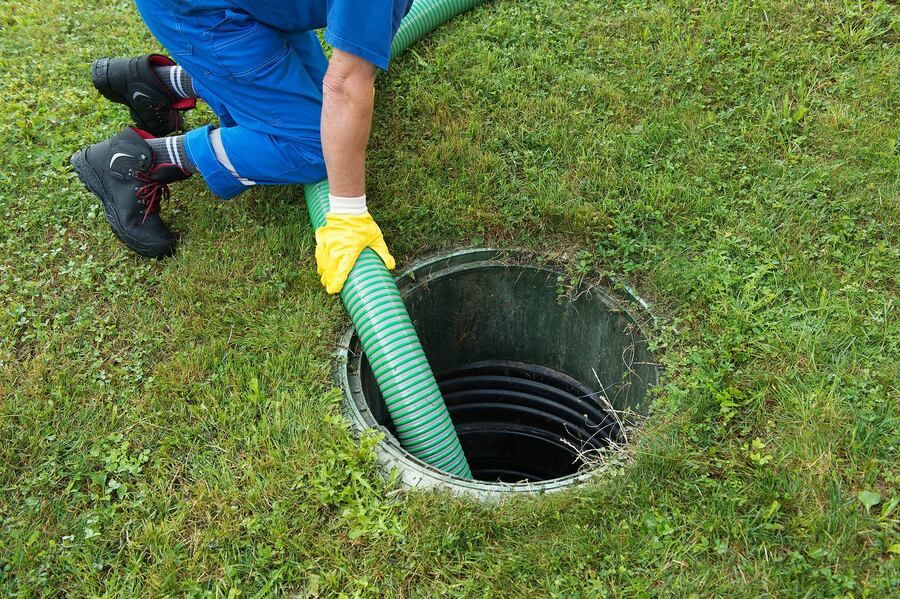
04
A properly functioning septic system is crucial for maintaining a healthy and sustainable home environment. Homeowners who rely on septic systems understand the importance of avoiding potential issues such as backups, leaks, and costly repairs. In this article, we will explore practical strategies and proactive measures to extend the lifespan of your septic system, covering key aspects like septic tank installation and cleaning.
One of the most critical steps in ensuring the longevity of your septic system is regular septic tank pumping. Over time, solid waste accumulates in the tank, leading to reduced capacity and potential blockages. Hiring a professional septic company to pump your tank every 3 to 5 years is essential. This prevents the buildup of sludge, allowing the system to operate efficiently and reducing the risk of backups and damage.
Regular inspections of your septic system are crucial for identifying issues before they escalate. A professional septic company such as Charlotte Septic Pros can perform comprehensive inspections, checking for leaks, signs of damage, and potential areas of concern. Early detection allows for prompt septic tank repair, preventing more extensive damage that could jeopardize the entire system.
The amount of water entering your septic system directly influences its performance. Conserving water not only benefits the environment but also helps your septic system function optimally. Repair leaky faucets, install water-efficient appliances, and avoid overloading the system with excessive water usage, particularly during short periods. This proactive approach reduces the strain on your septic tank, contributing to its longevity.
Mindful waste disposal is essential for maintaining a healthy septic system. Avoid flushing non-biodegradable items, such as sanitary products, wipes, and grease, down the drain. These materials can accumulate in the tank and impede the natural breakdown of waste. Responsible waste disposal contributes to the overall health and functionality of your septic system.
While septic tank pumping removes accumulated sludge, periodic septic tank cleaning is equally important. Over time, scum and residue can cling to the walls of the tank, hindering its efficiency. Professional septic tank cleaning helps remove these deposits, ensuring that your septic system operates at its best and reducing the likelihood of clogs and system failures.
Harsh chemicals can disrupt the natural balance of bacteria in your septic system, hindering its ability to break down waste. Opt for septic-safe cleaning products and avoid pouring chemicals like bleach, paint, or strong disinfectants down the drain. Maintaining a septic-friendly environment allows the natural microbial processes to continue, supporting the overall health of your system.
Addressing minor issues promptly is crucial to prevent them from escalating into major problems. If you notice signs of a malfunctioning septic system, such as slow drains, foul odors, or wet spots in the drain field, seek professional septic tank repair immediately. Ignoring these warning signs can lead to more extensive damage and higher repair costs.
By following these guidelines and enlisting the services of a reputable septic company, you can extend the lifespan of your septic system, ensuring it operates efficiently for years to come. A well-maintained septic system not only protects your property but also contributes to a sustainable and environmentally responsible home.
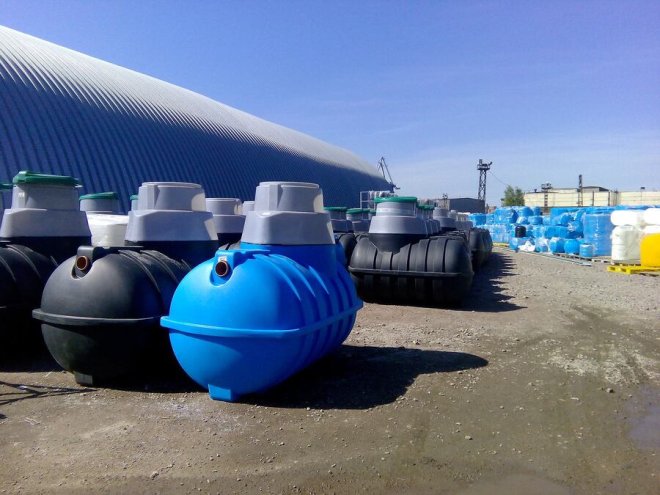
28
How to Prepare for Septic System Installation Installing a septic system is a major investment for any property that lacks…
Read more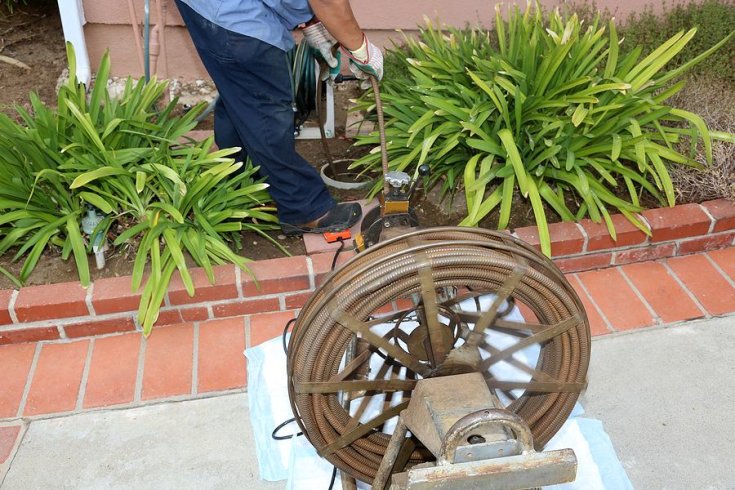
20
How Main Drain Cleaning Can Prevent Sewer Backups Sewer backups are one of the most unpleasant plumbing emergencies homeowners can…
Read more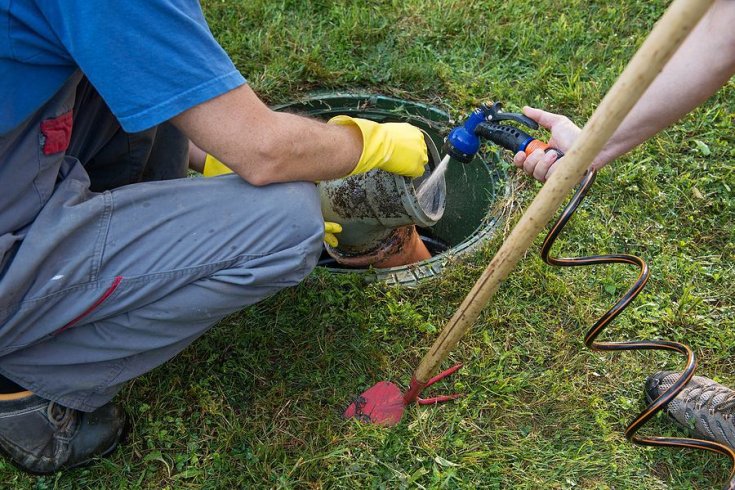
13
What to Do When You Have Drainage Problems Drainage problems can be frustrating and cause serious damage if left untreated.…
Read more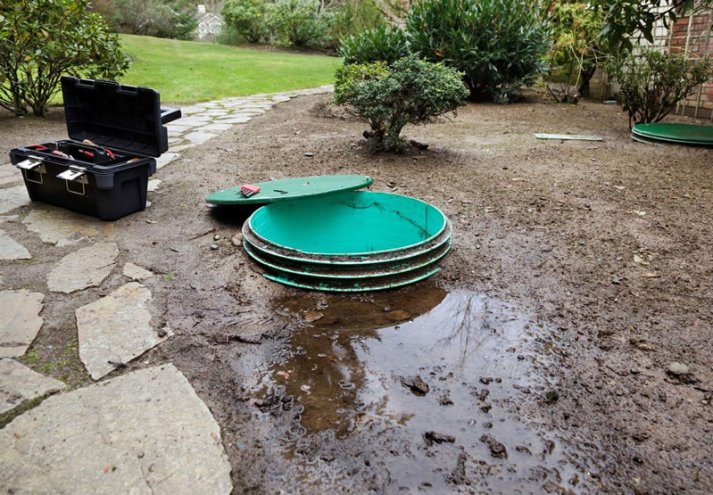
04
Signs and Causes of Septic Leaks A leaking septic system can pose serious health and environmental risks. If left untreated,…
Read more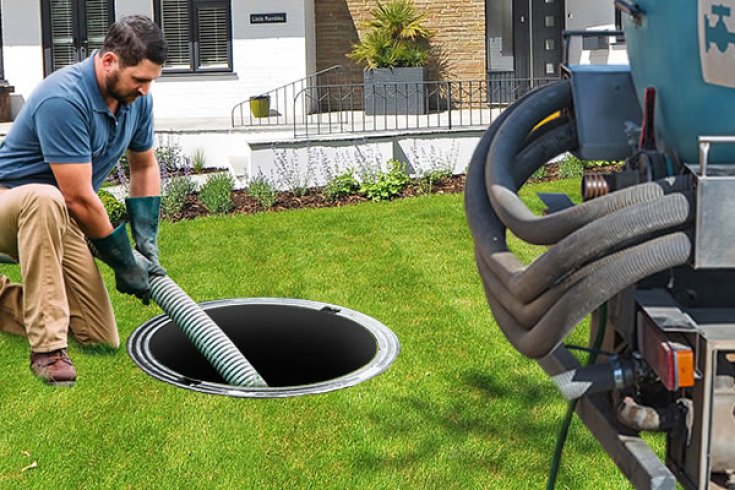
02
Unusual Septic Tank Blockages: Keeping Your Septic System Healthy A properly functioning septic system is crucial for any home or…
Read more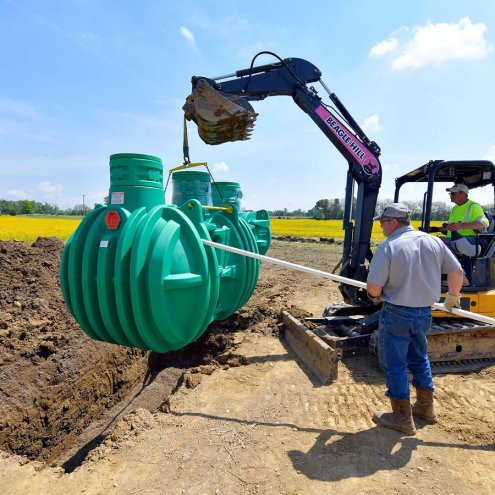
23
Seasonal Weather and Septic Systems Tank Your septic system plays a vital role in managing household wastewater, but seasonal weather…
Read more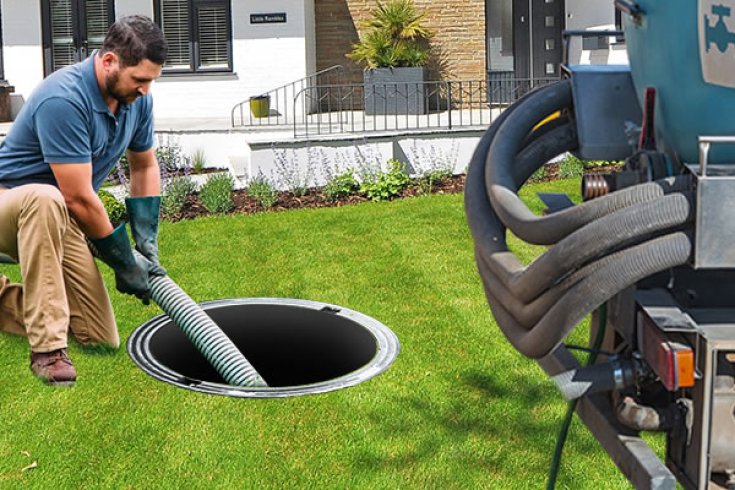
15
Why Toilet Paper Matters to Your Septic Tank Many homeowners don’t give much thought to their toilet paper—until it starts…
Read more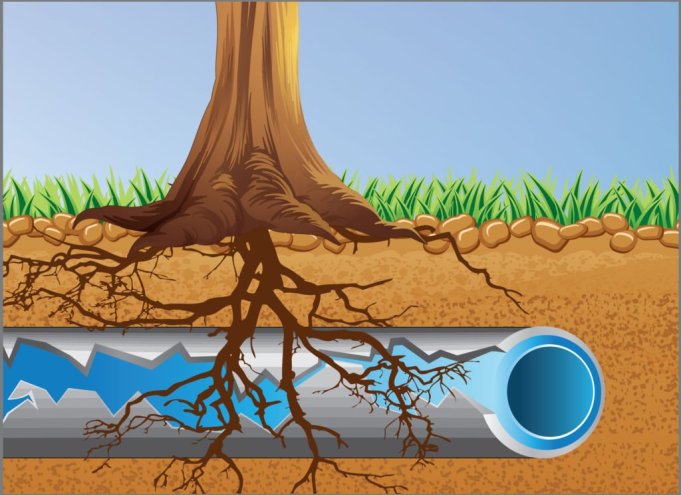
21
Tree Root Infiltration of Septic Systems We love the trees in our yards and in our environment. Just by looking…
Read more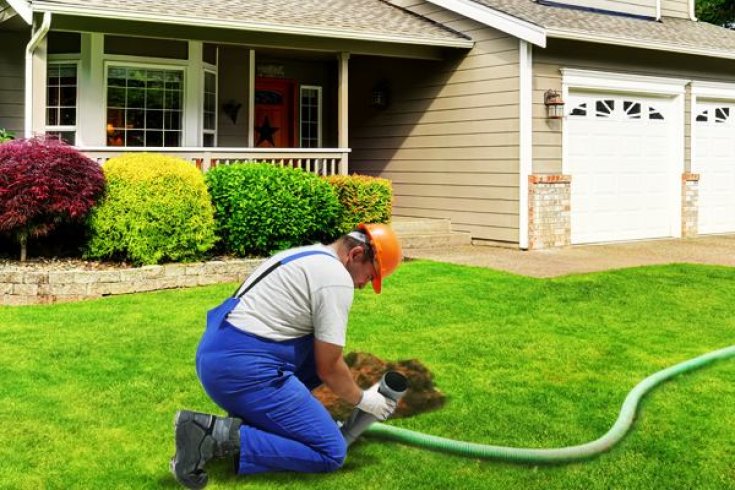
12
Preparing Your Pipes & Drains for the Winter With winter on the horizon, homeowners need to implement specific measures to…
Read more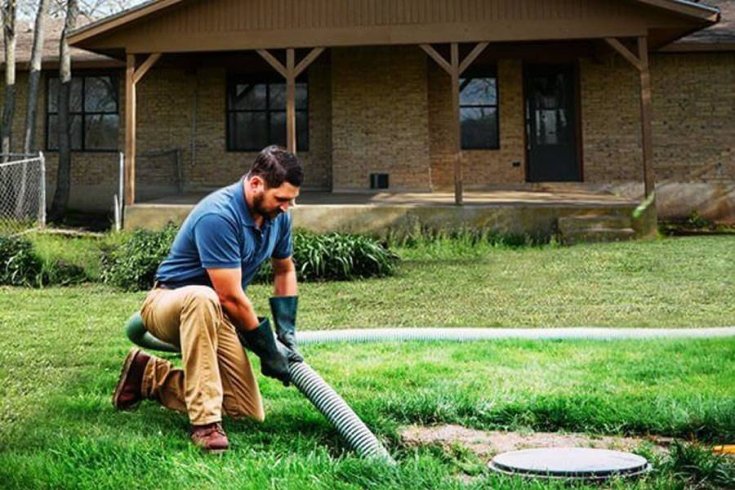
05
Buying a New Home? Invest in a Septic System Inspection When purchasing a new home, many buyers focus on visible…
Read more